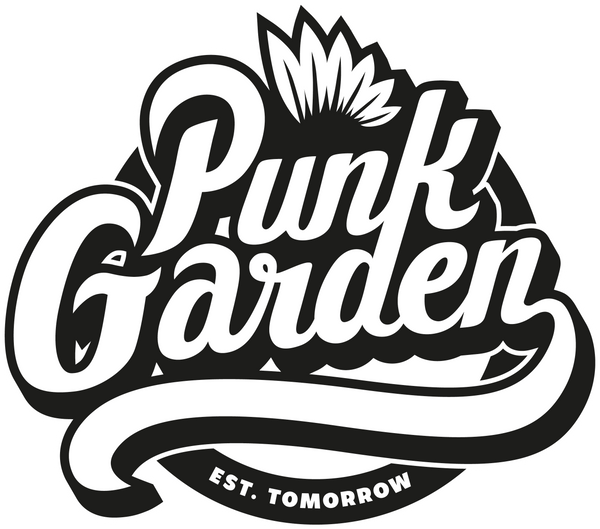Fig language
Many people use difficult words when it comes to cultivation. We clarify the concepts a little so that you get a better understanding.
Allelopathy: The process by which a plant produces chemicals that affect the growth and survival of other plants in its vicinity, usually to reduce competition for resources.
Ampelo growing: Growing plants in hanging baskets or ampel pots for decorative purposes or to save space.
Annual: Plant that is one year.
Pruning: Removal of dead or redundant parts of a plant to promote health, growth and form.
Leaf mold: A fungal disease that affects the leaves of plants and is usually caused by damp conditions.
Direct Seeding: The process of planting seeds directly into the ground or into growing containers to grow new plants.
F1 hybrid: The first generation hybrid plant produced by crossing two different inbred parental lines, usually to combine desired traits such as high yield or disease resistance.
Open field: The area used for the cultivation of vegetables, fruits and other plants outdoors, usually in open areas without artificial greenhouse protection or other coverings.
Seeding: The process of sowing seeds directly into the ground or into growing containers to grow new plants.
Seedling: A young plant grown from seed, usually for later planting in the garden.
Fertilizer: Organic or chemical substances added to the soil to improve its nutrient content and promote plant growth.
Hydroponics: A method of growing plants without soil, where the plants are grown in a nutrient solution.
Insecticide: A chemical preparation used to kill insects that damage crops and plants.
Soil improvement: The process of improving soil structure and nutrient content by adding organic matter, manure, and other substances.
Compact plant: A type of plant that has a dense and compact growth habit, making it suitable for small garden spaces or for border plantings.
Ground cover: Plants or materials used to cover the ground around plants to reduce weeds, conserve moisture and improve soil structure.
Mulch: A layer of organic material placed over the soil around plants to conserve moisture, prevent weeds and improve soil structure.
Perennial: A plant that lives for several years and returns each season without having to be replanted.
Planting depth: The depth at which a plant is placed in the soil when planting, which is important for its growth and establishment.
Pollination: The transfer of pollen from one flower to another to enable fertilization and seed formation.
Regenerative: An agricultural method that aims to restore and improve soil health by promoting biodiversity, increasing organic matter, and reducing the use of chemicals.
Rhizosphere: The microbial ecosystem that surrounds the plant root and affects plant growth and nutrient uptake.
Blushing: A process by which plants are exposed to cold or frost to promote budding or flowering.
Zoning: A system used to classify plants and seeds based on their ability to survive and thrive within different climate zones, helping gardeners select appropriate plants for their specific region and environment. This classification is based on the average winter temperatures and divides the country into different zones, usually from 1 to 8, with zone 1 representing the coldest areas and zone 8 the mildest.
Zone 1: Northern Norrland (subarctic climate).
Zone 2: Northern part of Norrland and some interior parts of Norrland (cold inland climate).
Zone 3: Middle and southern parts of Norrland and large parts of the interior parts of the country (cold inland climate).
Zone 4: Southern Norrland and parts of Götaland (cold to cool inland climate).
Zone 5: Most of Götaland and Svealand (cool to temperate climate).
Zone 6: Södra Götaland and some coastal areas along the east coast (temperate coastal climate).
Zone 7: East and west coasts, as well as Gotland (mild coastal climate).
Zone 8: Skåne and western Blekinge (mild coastal climate).
Hope this was of some use and that you now have a little better idea. Do you have a word that should be included and explained? Email our mascot biffen@punkgarden.com
